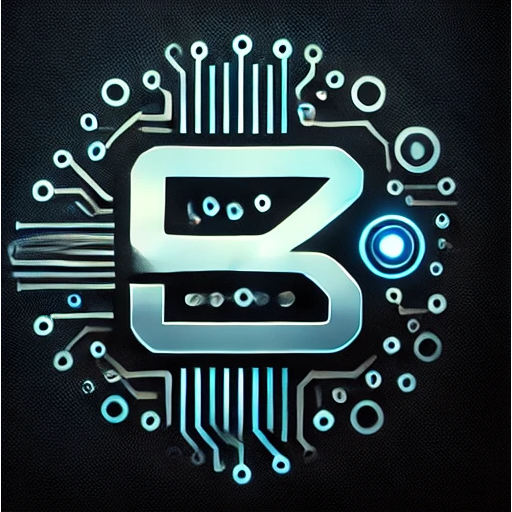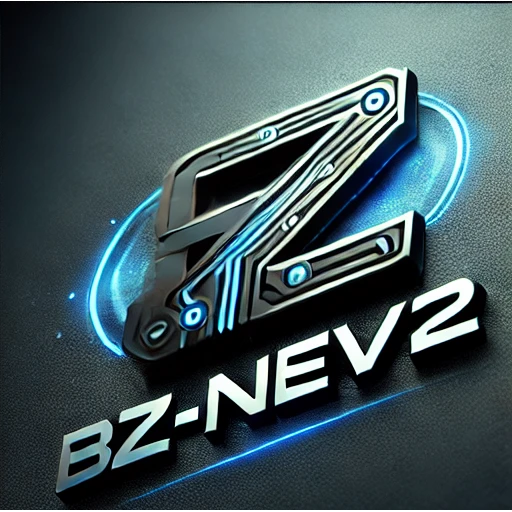Top 10 Linux Distros for Programmers in 2024
Top 10 Linux Distros for Programmers in 2024
If you’re a developer looking for the best Linux distributions optimized for coding, debugging, and software development, here’s a curated list of the top 10 Linux distros that excel in providing the tools and environment needed for programming.
1. Ubuntu 24.04 LTS
Overview: A popular choice for developers, Ubuntu provides a robust ecosystem with extensive documentation, community support, and pre-installed tools for programming.
-
Key Features:
- Built-in Snap and Flatpak support.
- Extensive software repositories.
- Cloud development and WSL integration.
-
System Requirements:
- RAM: 2 GB (4 GB recommended)
- CPU: 2 GHz dual-core processor
- Storage: 25 GB
-
Website: ubuntu.com
Comment: “Ideal for beginners and professionals alike.”
2. Fedora Workstation 39
Overview: Fedora Workstation is designed with developers in mind, offering cutting-edge software, excellent support for containers, and compatibility with popular IDEs.
-
Key Features:
- GNOME desktop for a modern interface.
- Excellent support for Flatpak.
- Built-in tools for container development (Podman).
-
System Requirements:
- RAM: 2 GB (4 GB recommended)
- CPU: 64-bit processor
- Storage: 20 GB
-
Website: getfedora.org
Comment: “Bleeding-edge technologies for advanced development.”
3. Arch Linux
Overview: A rolling-release distribution that provides the latest software packages, making it a favorite for developers who want complete control over their environment.
-
Key Features:
- Pacman package manager.
- AUR (Arch User Repository) for community software.
- Minimalist base installation.
-
System Requirements:
- RAM: 512 MB (1 GB recommended)
- CPU: x86_64-compatible processor
- Storage: 2 GB (base installation)
-
Website: archlinux.org
Comment: “Customizable to your exact needs.”
4. Debian 12 ‘Bookworm’
Overview: Known for its stability, Debian is an excellent choice for programming, especially for developers looking for a reliable, long-term environment.
-
Key Features:
- Extensive software repositories.
- Stability-focused updates.
- Multiple desktop environments.
-
System Requirements:
- RAM: 512 MB (2 GB recommended)
- CPU: 1 GHz processor
- Storage: 10 GB
-
Website: debian.org
Comment: “Stable and versatile, perfect for enterprise-level programming.”
5. Pop!_OS 24.04
Overview: Built by System76, Pop!_OS is tailored for developers, with features like auto-tiling, a clean interface, and pre-installed programming tools.
-
Key Features:
- Built-in TensorFlow and CUDA support.
- Automatic window tiling for multitasking.
- Optimized for high-performance hardware.
-
System Requirements:
- RAM: 2 GB (4 GB recommended)
- CPU: 64-bit processor
- Storage: 20 GB
-
Website: pop.system76.com
Comment: “Great for AI, ML, and hardware-intensive development.”
6. Manjaro 23
Overview: Based on Arch Linux, Manjaro provides a user-friendly experience with the latest software and access to the AUR.
-
Key Features:
- Simple installation process.
- Pre-configured environments for developers.
- Rolling-release updates.
-
System Requirements:
- RAM: 1 GB (2 GB recommended)
- CPU: x86_64 processor
- Storage: 10 GB
-
Website: manjaro.org
Comment: “Best of Arch with user-friendliness.”
7. openSUSE Tumbleweed
Overview: A rolling-release distro with tools like YaST for system management and Zypper for package management, perfect for coding and scripting.
-
Key Features:
- Stability with cutting-edge packages.
- OBS (Open Build Service) for custom builds.
- Excellent documentation for developers.
-
System Requirements:
- RAM: 1 GB (2 GB recommended)
- CPU: x86_64 processor
- Storage: 20 GB
-
Website: opensuse.org
Comment: “Best for developers who want rolling releases without breaking.”
8. CentOS Stream 9
Overview: As an upstream version of Red Hat Enterprise Linux (RHEL), CentOS Stream is great for developers working on enterprise-grade applications.
-
Key Features:
- Stability for production environments.
- Long-term support cycle.
- Pre-installed tools for web and server development.
-
System Requirements:
- RAM: 1 GB (2 GB recommended)
- CPU: x86_64 processor
- Storage: 10 GB
-
Website: centos.org
Comment: “Enterprise development starts here.”
9. Kali Linux 2024
Overview: While known for security testing, Kali Linux is also a solid choice for developers working in cybersecurity and penetration testing.
-
Key Features:
- Pre-installed development tools for security professionals.
- Rolling updates.
- Support for custom scripts and tools.
-
System Requirements:
- RAM: 2 GB (4 GB recommended)
- CPU: 64-bit processor
- Storage: 20 GB
-
Website: kali.org
Comment: “The best for cybersecurity and ethical hacking.”
10. Solus 4.4
Overview: Solus is a fast and independent Linux distribution designed for developers, with excellent support for IDEs and programming languages.
-
Key Features:
- Pre-installed development tools (Git, Node.js, etc.).
- Budgie desktop for a sleek interface.
- Rolling-release updates.
-
System Requirements:
- RAM: 2 GB (4 GB recommended)
- CPU: 64-bit processor
- Storage: 20 GB
-
Website: getsol.us
Comment: “Sleek, fast, and perfect for developers.”
|–Edit by/created Bz-NeV2|


